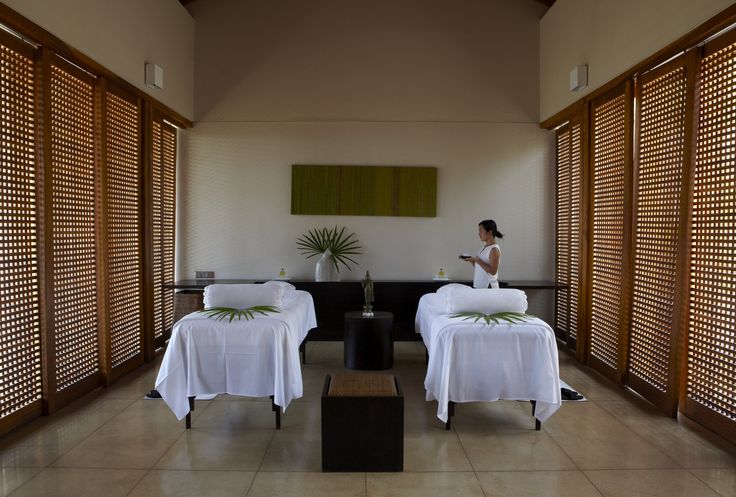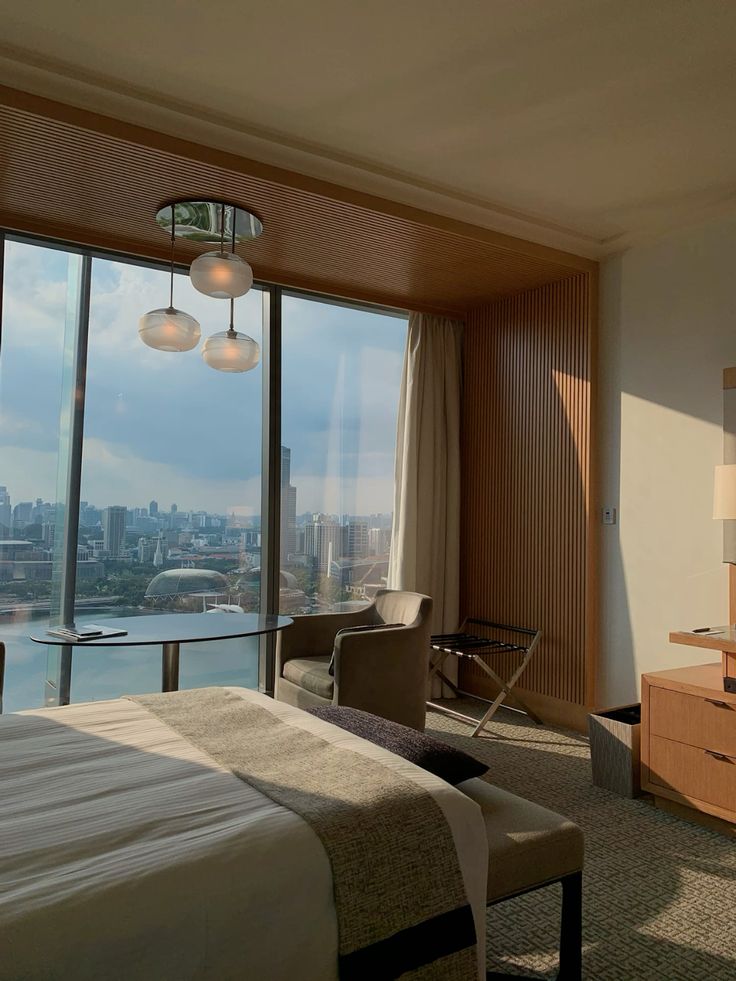
Singapore’s thriving wellness industry makes it an excellent location for starting a spa business. With increasing demand for relaxation and wellness services, setting up a spa can be a lucrative venture. However, there are several key factors to consider before launching your spa business in Singapore. This guide will walk you through the essential steps, regulatory requirements, and best practices for setting up a successful spa business.

1. Understanding the Spa Industry in Singapore
The wellness industry in Singapore has seen significant growth, driven by increasing awareness of self-care and well-being. Spas range from luxury hotel spas and day spas to specialized wellness centers offering massage therapy, facials, and holistic treatments. Understanding your target market and the type of spa services you want to offer is the first step in setting up your business.
Market Research
Before you start, conduct thorough market research to understand:
- Consumer preferences and trends in spa services
- Competitor analysis and pricing strategies
- Popular locations for spa businesses
- Licensing and regulatory requirements

2. Business Registration and Licensing
Setting up a spa business in Singapore involves legal and regulatory compliance. Here are the steps to register your business and obtain the necessary licenses:
Business Registration
- Register your business with the Accounting and Corporate Regulatory Authority (ACRA) via BizFile+
- Choose a business structure (sole proprietorship, partnership, or private limited company)
- Secure a business name and obtain a Unique Entity Number (UEN)
Licensing Requirements
Depending on the type of services you offer, you may need one or more of the following licenses:
- Massage Establishment (ME) Licence: Required for spas offering massages or related treatments, issued by the Singapore Police Force (SPF)
- Public Entertainment Licence: If your spa offers music or other entertainment
- Health and Safety Permits: Ensure compliance with health and hygiene regulations, especially for treatments involving skin contact
- Work Permits: If hiring foreign therapists, you must obtain the necessary employment passes

3. Choosing a Location and Setting Up Your Spa
Selecting the Right Location
Location is critical for a spa business. Consider factors such as:
- Accessibility and visibility
- Proximity to residential or commercial areas
- Competition in the area
- Rental costs and lease agreements
Designing Your Spa
The ambiance of your spa plays a significant role in attracting and retaining customers. Some key elements to consider include:
- Comfortable and aesthetic interior design
- Proper ventilation and soundproofing
- High-quality treatment rooms and equipment
- Reception and waiting areas for clients
4. Hiring Qualified Staff
A well-trained and professional team is essential for the success of your spa. Key staff members may include:
- Licensed massage therapists and beauticians
- Customer service representatives
- Spa managers and administrative personnel
Ensure your staff receives the necessary training and certifications to comply with industry standards and enhance service quality.
5. Marketing and Branding Your Spa
Effective branding and marketing strategies will help your spa stand out in a competitive market. Consider the following approaches:
Building a Strong Brand
- Develop a unique spa concept and theme
- Create a memorable logo and branding materials
- Offer signature treatments that differentiate your spa
Digital Marketing Strategies
- Website & SEO: Build an informative website and optimize it for search engines
- Social Media Marketing: Promote your spa on platforms like Instagram, Facebook, and TikTok
- Online Reviews & Listings: Encourage satisfied customers to leave reviews on Google and spa directories
- Promotions & Memberships: Offer introductory discounts, packages, and loyalty programs
6. Managing Operational and Financial Aspects
Setting Up Financial Management
- Open a corporate bank account
- Implement a POS (Point of Sale) system for easy transactions
- Budget for startup and operational costs (rent, equipment, salaries, marketing)
Ensuring Excellent Customer Service
- Maintain high hygiene and cleanliness standards
- Provide personalized customer experiences
- Collect customer feedback to improve services
Conclusion
Starting a spa business in Singapore requires careful planning, compliance with regulations, and strategic marketing. By understanding the industry, obtaining the necessary licenses, choosing the right location, and focusing on customer experience, you can establish a thriving spa business. With the growing demand for wellness services, now is an excellent time to enter the market and create a successful spa brand in Singapore.

Leave a Reply